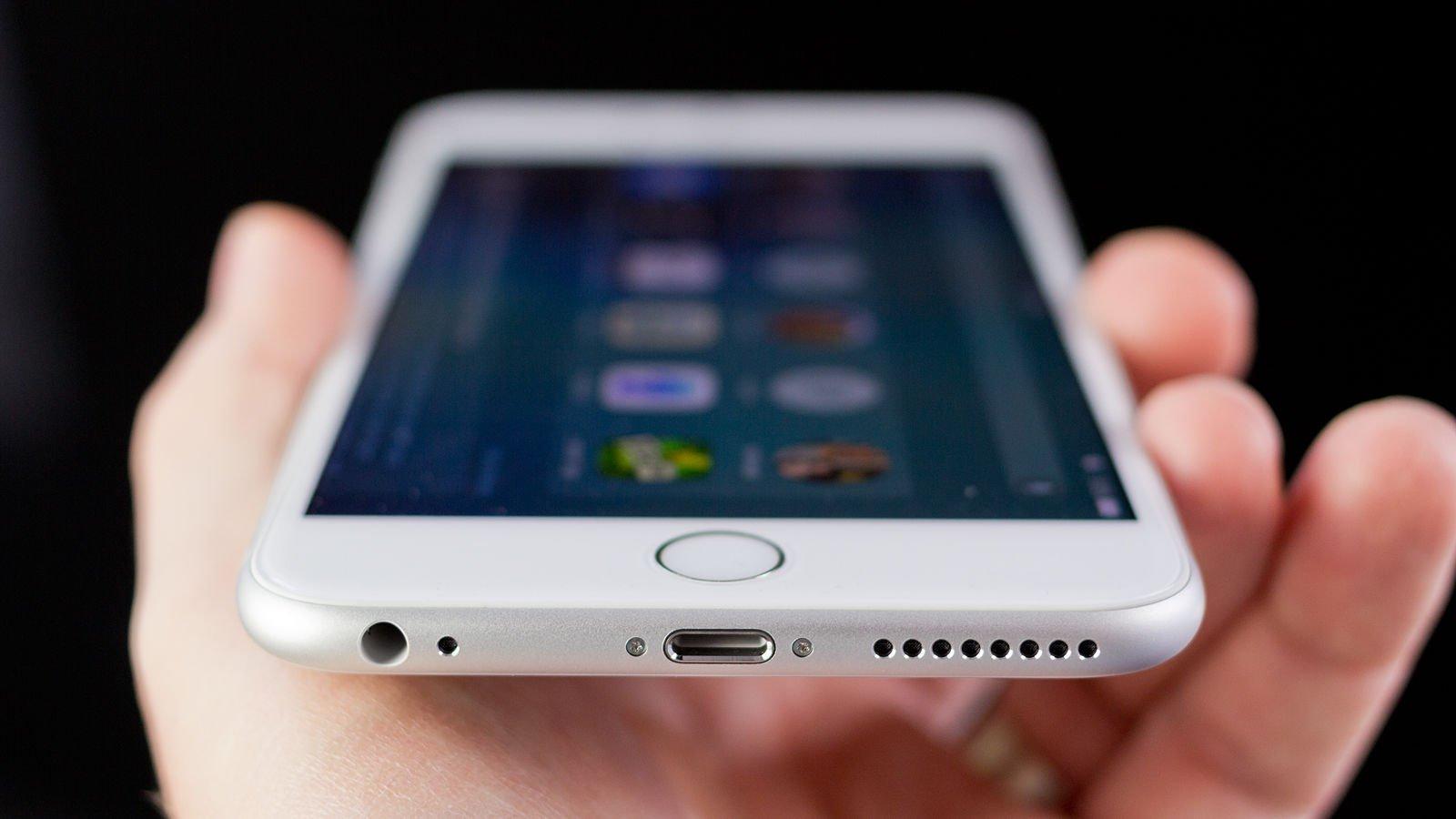The FBI’s request for Apple to provide a ‘back door’ entry to the phone of San Bernardino terrorist Syed Rizwan Farook has since sparked an international debate over data privacy, with companies such as Facebook and Twitter joining Apple in standing against the US government. If Apple continues to refuse the FBI’s request, the case could end up in the US Supreme Court, setting a precedent for all handling of personal data. Two of the US’s more powerful bodies are going head-to-head in a public battle – but what is at stake for the average iPhone user?
What is the FBI requesting?
Essentially, the FBI wants Apple to create a new operating system to install on Farook’s phone, altering the System Information File and creating the ability to bypass the traditional iPhone security measures. Apple say that the FBI is asking for a ‘back door’ into the iPhone, something that – once created – could be used by hackers on any iPhone, not just Farook’s. The new software will prevent the phone from erasing itself after more than 10 password attempts, and automate the process for trying out passcode combinations – meaning that the FBI have the power to break the code on the phone.
The FBI argue that the SIF will only work on Farook’s phone, and will be known only by Apple, who could choose to destroy it.
Apple’s argument
Back doors are a big deal in security, and once one is created it will be far easier for it to be stolen or replicated. Apple argue that there is no way to control its use once it is made, and therefore complying with the FBI’s demands risks exposing the data of every iPhone user. Apple says introducing a back door into the iPhone wouldn’t just make Farook’s phone insecure and accessible to the US government – it could make every iPhone vulnerable.
In a statement published on their website earlier this week, CEO Tim Cook said:
“The government is asking Apple to hack our own users and undermine decades of security advancements that protect our customers — including tens of millions of American citizens — from sophisticated hackers and cybercriminals. The same engineers who built strong encryption into the iPhone to protect our users would, ironically, be ordered to weaken those protections and make our users less safe.”
“While we believe the FBI’s intentions are good, it would be wrong for the government to force us to build a backdoor into our products. And ultimately, we fear that this demand would undermine the very freedoms and liberty our government is meant to protect.”
Reactions to the debate
Several privacy experts have warned that, should the US government win this case, it will set a precedent and enable other – perhaps more authoritarian – governments to do the same; inherently risking the data privacy of citizens globally. Senator Ron Wyden of Oregon, a leading legislator on privacy and tech issues, warned the FBI against their demands:
“This move by the FBI could snowball around the world. Why in the world would our government want to give repressive regimes in Russia and China a blueprint for forcing American companies to create a backdoor?” Wyden told the Guardian.
Facebook and Twitter have both since stepped in to side with Apple, with the FBI, both saying that they “stand with Apple” and will “aggressively fight” attempts to weaken encryption.
“We condemn terrorism and have total solidarity with victims of terror. Those who seek to praise, promote, or plan terrorist acts have no place on our services,” Facebook said in a statement Thursday.
Jan Koum, the creator of Whatsapp – which also uses encrypted data – has said: “We must not allow this dangerous precedent to be set. Today our freedom and our liberty is at stake.”
Edward Snowden, whose revelations about US government spying provoked Apple’s stance on passcode-protected data, said the FBI was “creating a world where citizens rely on Apple to defend their rights, rather than the other way around”.
Effects of the case
Should Apple continue to refuse to comply – which is likely – the case will be passed onto the District Court and, if there is no resolution, could end up in America’s highest court. America’s rulings have a significant influence on events globally and, should the FBI be allowed to hack their citizens phone, it ultimately sends the message to other governments that this is acceptable practice and the security of citizens data could well be compromised.
Miranda Wadham on 19/02/2016




